On June 13, 2024, Deputy Government Spokesperson Karom Phonphonklang publicly warned Thailand's Public Health Minister Somsak Thepsuthin that his insistence on reclassifying cannabis as a Category 5 narcotic would essentially recriminalize patients in Thailand.
This decision should not be made to appease any particular group, but rather to take into account the broader public who lack bargaining power. Karom said that if this is done, it could lead to widespread harm and suffering.
He pointed out that while cannabis was once a Category 5 narcotic, there are systematic studies showing its benefits in terms of medical use and economic advantages. Since cannabis was removed from the list of narcotics, many small cannabis-related businesses have emerged, including those offering plastic pre-roll tubes, pet tubes, rolling pet tubes, and plastic tubes customized for cannabis products, like the popular 125mm pet tube. These developments have created a premium look for cannabis products without the high cost.
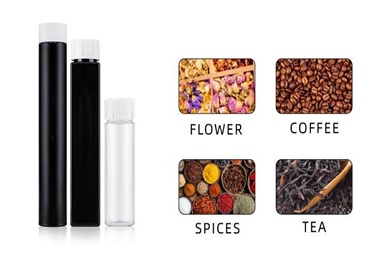
Karom warned that reclassifying cannabis as a narcotic would lead to the arrest and prosecution of people in possession of cannabis, creating a financial and legal burden. He urged the current Minister of Public Health, who was once the Attorney General, to provide statistics on how many people were prosecuted for possession of cannabis before it was legalized and how overall case statistics have declined since then.
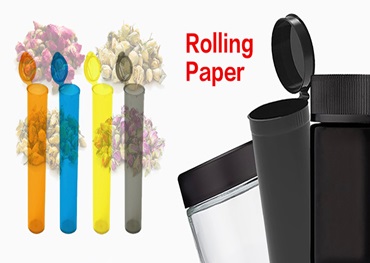
In addition, the Thai government should focus on regulating its use through cannabis legislation, taking into account the economic, legal, and medical context. Karom stressed that it is inappropriate to reclassify cannabis as a narcotic and found it strange that Somsak pushed for it to be reclassified as a narcotic without considering these factors.
Medical professor reveals medical data after legalization of cannabis
On the same day, Associate Professor Pattapong Kasetsomboon, a family medicine doctor at Khon Kaen University, presented statistics on health trends in Thailand from 2021 to 2023. Data from the Ministry of Public Health showed that medical services were reduced by 26.7 million visits, saving at least 19 billion baht.
When the average annual number of outpatient treatments in 2021-2022 was calculated and the number in 2023 was subtracted, 26.67 million visits and 13.33 million patients were reduced, 36,150 fewer hospitalizations, and 8.09 million fewer bed days, with a total savings of 19.3 billion baht.
Associate Professor Pattapong pointed out that these cost-saving figures are based on data from community hospitals, and the actual savings may be higher if the level of all hospitals is taken into account. The decline in health care visits over the past three years coincides with the period of legalization of home-grown and self-use marijuana, suggesting that this policy may help reduce the number of patients with various diseases. Associate Professor Dr. Pattapong said that further research is recommended to explore this potential correlation.
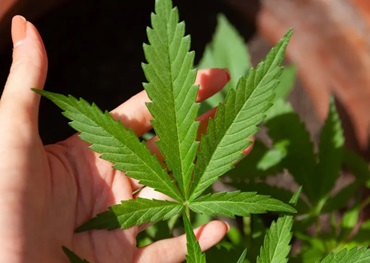
Anutin on the return of marijuana to drugs: respect public opinion, but scientific decision-making is required
On the same day, Deputy Prime Minister and Minister of Interior, Pheu Thai Party leader Anutin was interviewed by the media on the public opinion consultation announced by Health Minister Somsak on the reclassification of marijuana as a drug. The consultation aims to listen to public opinions on whether marijuana should be reclassified as a drug from June 11 to 25.
Anutin said that he respects the work of the Ministry of Health and will not interfere. He emphasized that in principle, opening up and listening to public opinions is a process worthy of encouragement and is of great significance to the construction of democratic culture. However, he also pointed out that when it comes to complex issues, especially scientific issues, it must be acknowledged that the public may lack sufficient research or information before expressing their opinions. Therefore, opinions should be listened to seriously, but should not be the only or decisive factor in policy decisions.
Regarding the return of marijuana to drugs, Anutin said that this is an issue that requires multi-faceted consideration. Unlocking medical marijuana from the drug category means that people will have more opportunities to obtain and use marijuana, and it is also necessary to strictly regulate its use through legal means. On the contrary, if it is reclassified as a drug, it will greatly restrict people's rights to obtain and use marijuana, and only a few people will be able to apply for a license to use it through a specific procedure.
Anutin emphasized that the people elect representatives to form a government, and these representatives have the responsibility to make decisions for the people on complex issues and put the national interest first. Therefore, we cannot push the decision-making responsibility for all complex issues back to the people. He believes that the Minister of Health is also well aware of this principle.


 English
English français
français Deutsch
Deutsch русский
русский italiano
italiano español
español português
português Nederlands
Nederlands 日本語
日本語 한국의
한국의






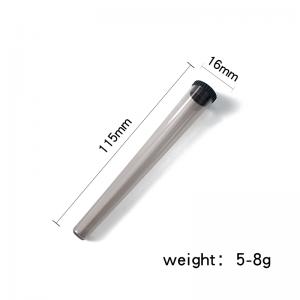

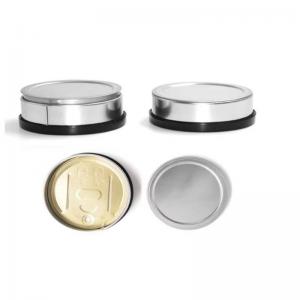
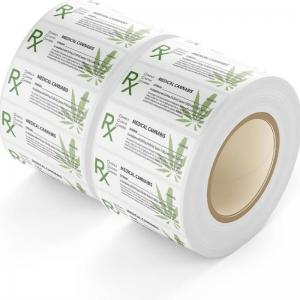
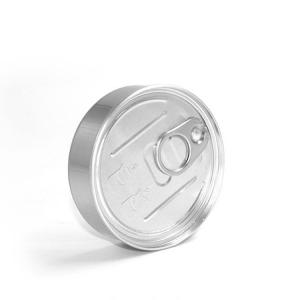
 2024-07-10
2024-07-10



 Online service
Online service +86 15375471059
+86 15375471059

